Little ducklings are funny and very mobile, but it is not uncommon for them to fall to their feet and die. Poultry farmers do not always know how to quickly help the birds, and delay is fraught with the death of the entire livestock.
Very often, signs of the disease are visible a few days before the ducklings fall on their paws. The bird becomes
- less mobile;
- refuses to feed;
- diarrhea appears;
- increased thirst;
- lacrimation appears;
- the bird sits with its feathers fluffed up;
- swelling is noticeable on the head and joints of the legs;
- there is leakage from the nasal cavity.
Further, microorganisms move to the articular surfaces of the paws. The bird often sits up, and when rising, stumbles and falls, while making frequent flapping of its wings.
It is urgent to select medicine for ducklings that fall to their feet. Based on the identified signs, an infectious disease can be suspected - pasteurellosis of ducklings. The disease develops very quickly and is especially unsafe for waterfowl.
Ducklings sat on their feet, what to do?
Not necessarily all of the above signs will be noticeable in ducklings. Depending on the strain of the microorganism, some symptoms may not appear. But ducklings can die even those that are vigorous.
The infection can carry away from 50 to 90% of the livestock. Those ducklings that survive will gain little weight and remain Pasteurellose carriers for a long time.
The cause of the disease is a bacterium, but you can bring it into the house with both young and adult birds. When purchasing birds, take a closer look, and as soon as something causes suspicion, refuse to buy.
For the course of the disease, age matters. Little ducklings become infected very quickly and die before signs even show. Monthly ducklings are more stable, and it is at this age that you can notice that the ducklings sat on their feet.
Let's turn to specialists
If the livestock is large and the case , immediately (before the use of antibiotics) send several corpses to the veterinary laboratory. If antibiotics have already been used, it is no longer possible to conduct laboratory tests, the picture will be “erased”.
Treatment Methods
Until recently, there was no treatment for pasteurellosis. Modern antibiotics, groups of fluoroquinolones of the 3rd generation make it possible to quickly provide assistance to birds.
For treatment are applicable:
- Enrofloxacin. The drug is given in the form of a prepared solution instead of water. To obtain a working dilution, it is necessary to dissolve 1 ml of the original in 1 liter of water.
The drug is poured into drinking bowls instead of water and drunk for 5-6 days.
Tricolin. A complex antibiotic, which consists of three components that enhance each other's actions. Pasteurella will be directly affected by enrofloxacin and collistin (an antibiotic of the polymyxin group).
For treatment, a solution is prepared from 1 ml of the drug and 1 liter of water. The drug is poured into drinking bowls instead of water early in the morning, and poured during the day. The prepared solution can be stored for 24 hours at a temperature of 5-15 ᵒC. Late in the evening, not drunk solution is disposed of. The next day, the drug is prepared again at the same concentration.
The course of treatment of poultry is 5-7 days. During the course, the birds do not drink clean water.
If the bird is already approaching slaughter conditions, then it should be borne in mind that the use of tricolin is stopped 7 days before slaughter.
- "Danoxan-50", "Kolityl" and "Flotsin" are analogue drugs;
- "Tilmicon". In this preparation, the dose is calculated as follows: 3 ml per 1 liter of water and the course of treatment is 3 days. Poultry slaughter is allowed no earlier than 12 days after the end of the course of treatment.
Choosing what to treat, you should consider all possible options. You can not stop the course of treatment as soon as the symptoms disappear. Pasteurella, an insidious bacterium. An untreated bird can be a carrier for years. At the same time, the adult livestock will not show a clinical picture, and the young will fall to their feet and die.
Prevention
Finding out why ducklings fall to their feet , you should remember if there was a similar case last year. If the symptoms are similar, then most likely pasteurellosis has a stationary residence permit.
If it is impossible to abandon the keeping of poultry (within 1-2 years in order to break the epizootic chain), then either vaccination should be applied or antibiotics should be given from the first days of life with a repeat course at the age of 60 days.
Vaccines are applicable for vaccination: inactivated sorbed, "Avivak-pastovac". You can choose a drug that is used both from the age of 15 days and 30. Revaccination is carried out after 6 months.
Recommended: Proper incubation of duck eggs at home . And also: growing and caring for mulard ducks at home.
Vaccines are compatible with most drugs, so they are applicable in the focus of infection simultaneously with antibiotics. In this case, vaccinations are carried out only in clinically healthy birds.

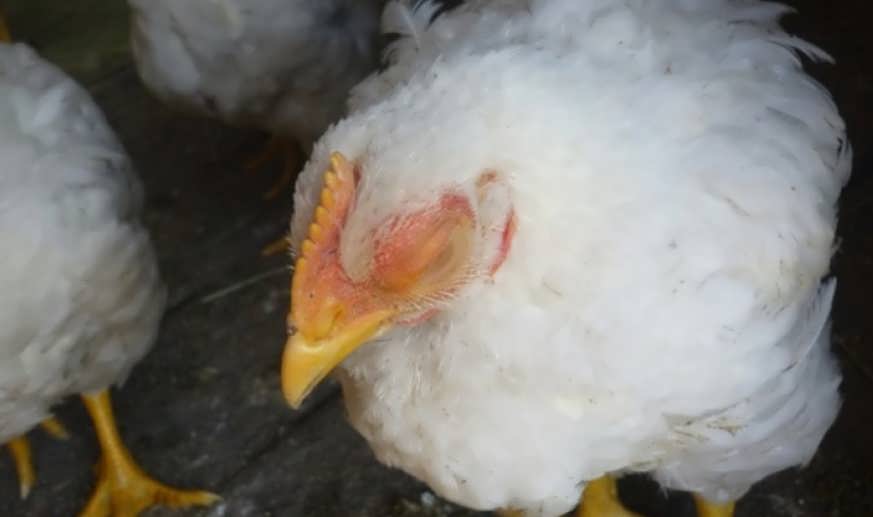
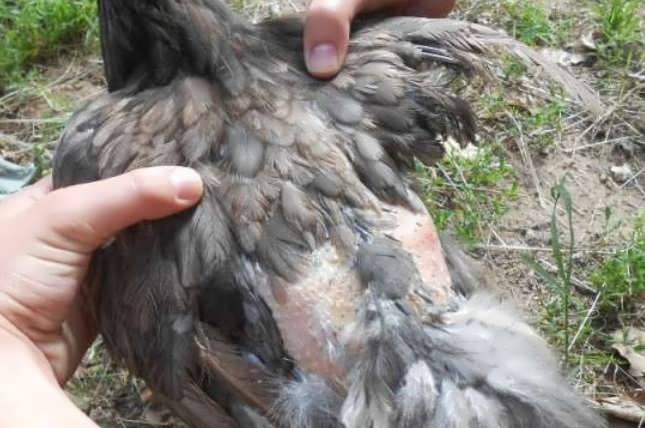
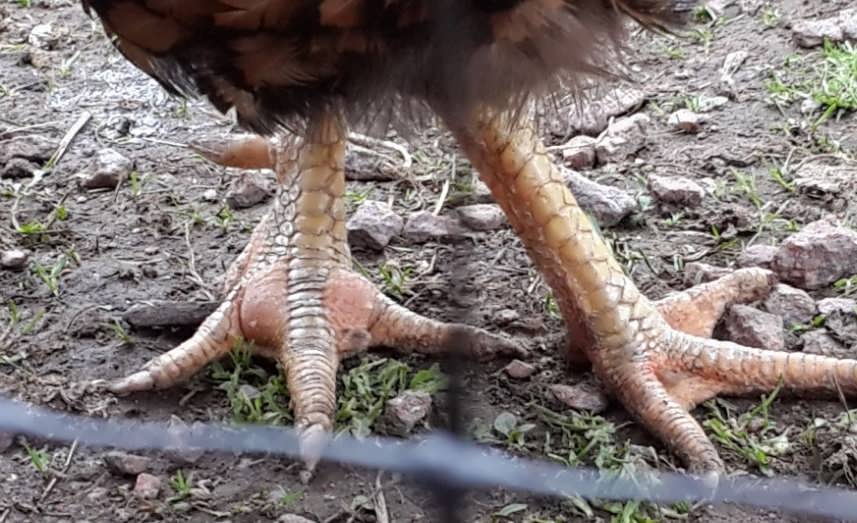
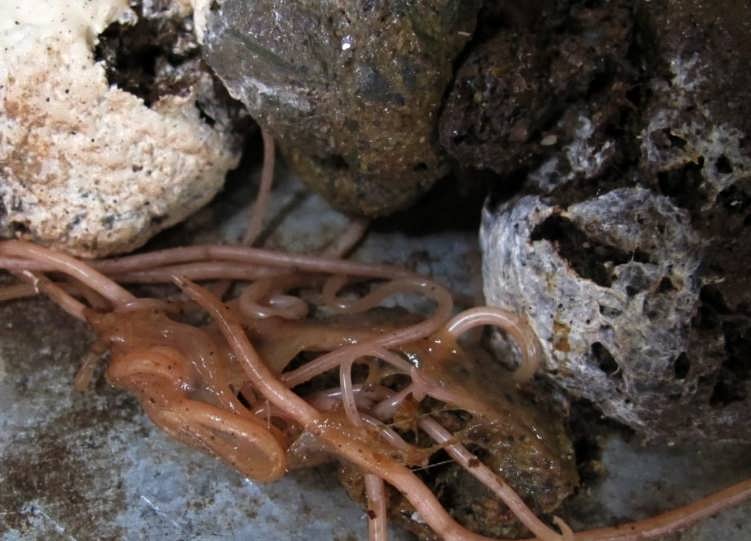
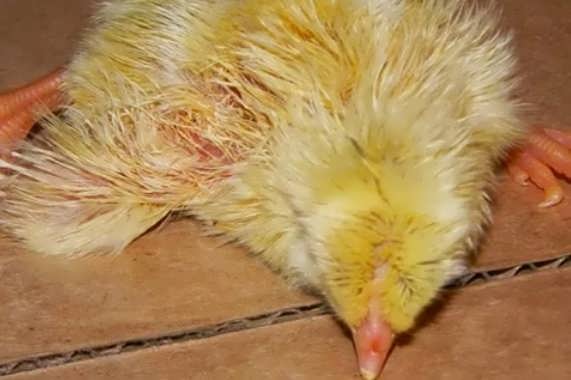
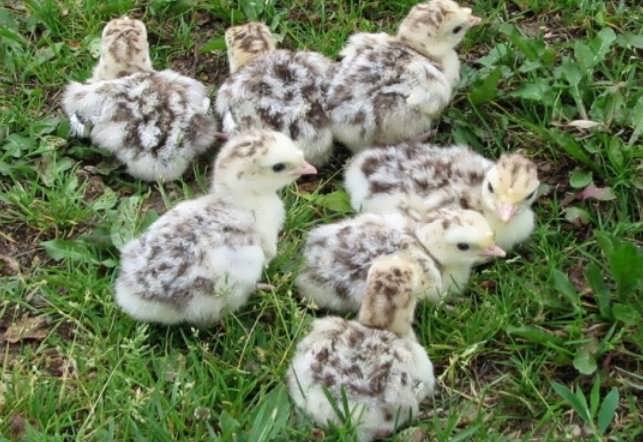
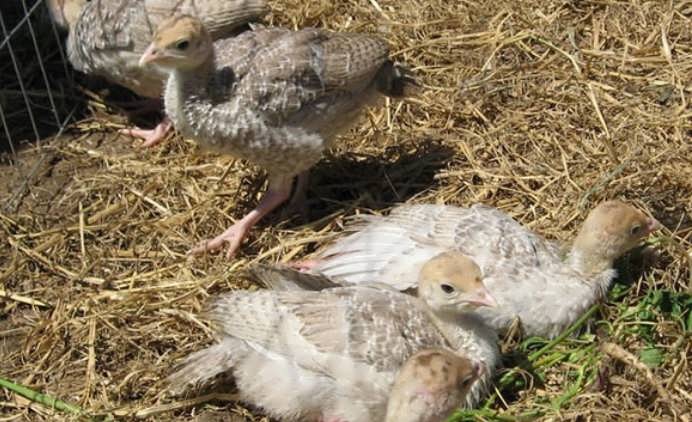
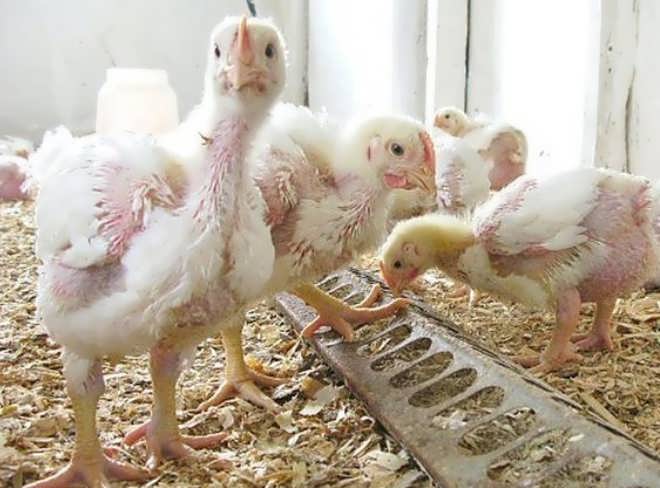
Thank you very much. Everything is clear and understandable.
sit down on their feet straight disaster